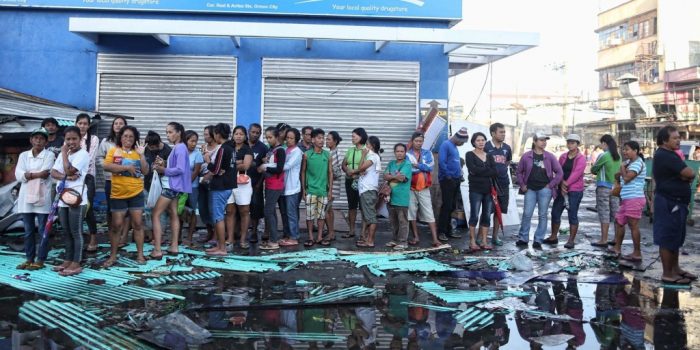Crisis in Mali Precarious
While the political crisis in Mali has seen some improvement, the humanitarian situation in Mali remains precarious. Reports indicate that nearly 375,000 people have fled their homes in both northern and southern Mali. The violence and displacement put significant pressure on the food crisis that hit the Sahel in 2012. While slightly abated, the UN […]
While the political crisis in Mali has seen some improvement, the humanitarian situation in Mali remains precarious. Reports indicate that nearly 375,000 people have fled their homes in both northern and southern Mali. The violence and displacement put significant pressure on the food crisis that hit the Sahel in 2012. While slightly abated, the UN reports 2 million people in need of food aid in Mali.
Jeremy Konyndyk, director of policy and advocacy for Mercy Corps, recently posted this blog on The Guardian entitled “Mali: what we must get right before world’s attention falls elsewhere.” The piece focuses a great deal on what governmental bodies can and should do vis a vis this political crisis, but the message holds true for U.S. private philanthropists. Jeremy speaks about the need for a different approach in Mali – one that focuses on resilience-oriented aid, mixing elements of relief and development “to help communities anticipate and adapt to shocks”. As private donors either begin to invest in Mali and West Africa, or continue their current investments, thinking about ways to foster resiliency is key.
More like this

